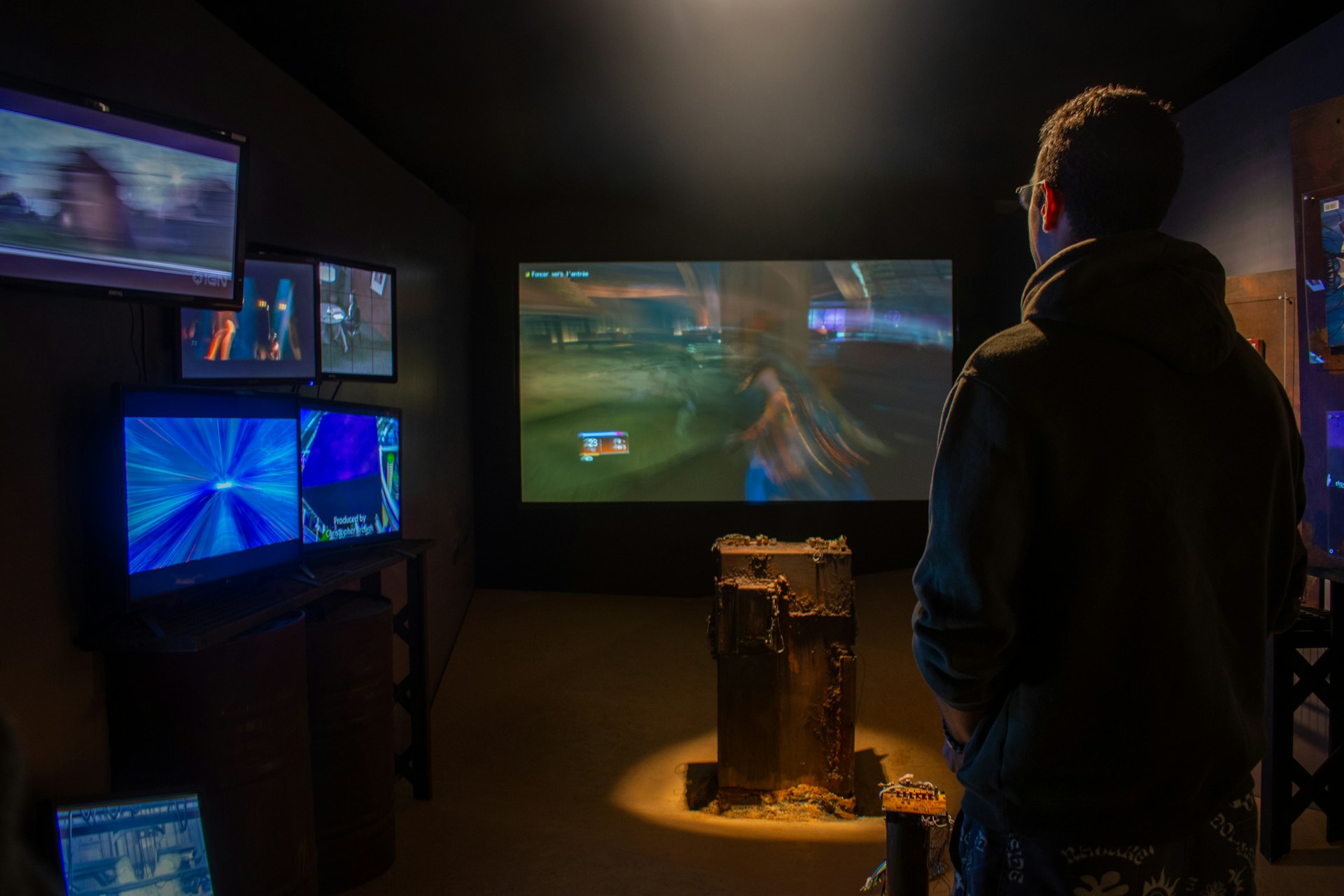Unlocking Immersion: The Critical Role of RPG Mechanics in Modern Games

Photo by SXRIPTX on Unsplash
Introduction: Why Role-Playing Mechanics Matter
Role-playing mechanics have become foundational in modern game design, shaping the way players interact with digital worlds and each other. These mechanics-ranging from character progression and narrative choices to real-time combat and social collaboration-create opportunities for engagement, learning, and immersion that extend far beyond entertainment. Understanding their importance is essential for anyone interested in the present and future of gaming.
The Evolution of Role-Playing Mechanics
Role-playing game (RPG) mechanics have evolved dramatically over the past few decades. Early RPGs relied heavily on turn-based combat and static menus, offering players limited agency and interaction. However, modern titles have embraced real-time combat systems and seamless world interaction, making gameplay more dynamic and accessible. For example,
The Witcher 3: Wild Hunt
and
Cyberpunk 2077
showcase fluid, real-time combat where timing, positioning, and reflexes are essential
[1]
. This transition has not only made games more engaging but has also drawn in broader audiences who may have found traditional RPG systems too complex or slow.
The incorporation of these mechanics is not limited to RPGs alone. Many action, adventure, and even shooter games now integrate RPG elements such as skill trees, character customization, and branching narratives. This cross-genre adoption demonstrates the versatility and growing importance of role-playing mechanics in delivering rich, replayable experiences.
Enhancing Player Agency and Narrative Depth
One of the most significant contributions of RPG mechanics is the enhancement of player agency-the ability for players to make meaningful choices that affect outcomes in the game world. Modern games place a strong emphasis on emergent gameplay and procedural storytelling, allowing each playthrough to feel unique [2] . This approach fosters a sense of ownership and personal investment, as players see the direct results of their actions and decisions unfold within the game’s narrative.
Games like
Mass Effect
and
Divinity: Original Sin II
illustrate how branching storylines and moral dilemmas can create immersive worlds where players’ choices matter. To access similar experiences, players can look for titles that advertise multiple endings, character-driven narratives, or deep decision-making systems. For developers, implementing these mechanics requires careful narrative design, robust dialogue systems, and flexible quest structures.
Fostering Social Interaction and Online Communities
Role-playing mechanics have also been instrumental in building vibrant online communities. Massively multiplayer online role-playing games (MMORPGs) such as
World of Warcraft
and
EVE Online
leverage these systems to enable cooperation, competition, and even player-driven economies
[2]
. The social structures inherent in these games encourage players to form guilds, alliances, and friendships, often resulting in long-term engagement and loyalty.
For those interested in joining such communities, it is advisable to search for well-established MMORPGs with active player bases and robust support for social features like chat, trading, and collaborative missions. Many official game websites provide forums, player guides, and customer support to help newcomers integrate into these communities.
Supporting Personal Growth and Learning
Beyond entertainment, role-playing mechanics contribute to the development of key social and emotional skills. Research indicates that RPGs can support self-awareness, social awareness, self-management, relationship skills, and responsible decision-making [3] . By adopting a character and navigating complex scenarios, players practice empathy, negotiation, and conflict resolution in a low-risk environment.

Photo by Emily Wade on Unsplash
To leverage these benefits, educators and therapists may incorporate RPGs into learning or therapeutic settings. When selecting appropriate games, look for those that emphasize cooperation, problem-solving, and narrative exploration. Parents and guardians should review content ratings and community guidelines to ensure a safe and supportive environment for younger players.
Practical Steps to Implement RPG Mechanics
For developers and educators seeking to incorporate role-playing mechanics into their own projects or curricula, the following step-by-step guidance may be helpful:
- Define Core Mechanics: Identify which RPG elements-such as character progression, branching dialogue, or skill-based combat-best align with your goals.
- Develop Dynamic Systems: Use flexible frameworks to enable emergent gameplay and player choice. Consider procedural generation for replayability.
- Foster Community Features: Integrate social tools like chat, guilds, and collaborative missions to encourage player interaction.
- Test for Balance: Playtest systems thoroughly to ensure challenge and reward are balanced, avoiding mechanics that may frustrate or overwhelm players.
- Seek Feedback: Gather input from diverse players to refine systems and ensure accessibility for both newcomers and veterans.
Alternative approaches may include adapting tabletop RPG rules for digital contexts or leveraging existing open-source game engines with built-in RPG frameworks. For those new to game development, online tutorials and community forums dedicated to RPG design can provide valuable resources and support.
Challenges and Solutions in RPG Design
While the benefits of role-playing mechanics are significant, their implementation presents several challenges. Balancing player freedom with narrative coherence, ensuring accessibility, and preventing toxic behavior in online communities are ongoing concerns. Developers must carefully design systems to minimize frustration, provide clear guidance, and encourage positive interaction.
Solutions include offering customizable difficulty levels, clear tutorials, and robust moderation tools for online spaces. Alternative strategies may involve limiting the scope of player choices in critical story moments to maintain narrative focus or employing adaptive AI that responds to player behavior dynamically.
Key Takeaways and Looking Ahead
Role-playing mechanics are essential to modern game design, driving engagement, narrative depth, and social connection. Their transformative impact is evident not only in dedicated RPGs but across genres, fostering inclusive, immersive experiences for diverse player communities. As technology advances, expect further innovation in how these mechanics shape the stories and worlds of tomorrow’s games.



